International Collaborations with the Arctic Energy Office
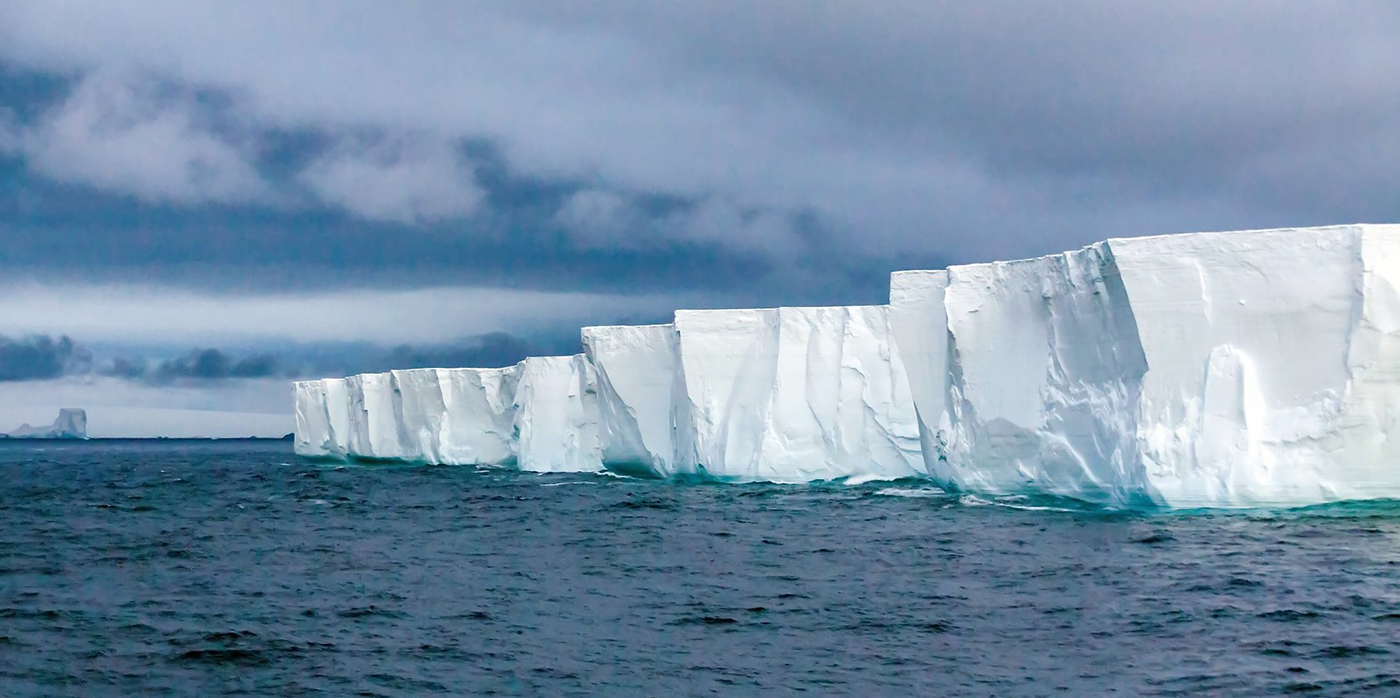
National Strategy for the Arctic Region: The United States seeks an Arctic region that is peaceful, stable, prosperous, and cooperative.
Growing Partnerships: The Department of Energy engages with federal, state, local, tribal, academic, and international partners to advance the scientific understanding of the Arctic.
International Cooperation and Governance: The Department of Energy works with our Arctic allies from Canada, the Kingdom of Denmark, Finland, Iceland, Norway, and Sweden on numerous clean energy dialogues and projects.
Arctic Equities in the U.S.
The Arctic Energy Office, the Office of International Affairs, National Labs, and other impacted DOE program and staff offices coordinate around international Arctic engagements.
According to the Arctic Research and Policy Act of 1984, the term "Arctic" means all United States and foreign territory north of the Arctic Circle and all United States territory north and west of the boundary formed by the Porcupine, Yukon, and Kuskokwim Rivers; all contiguous seas, including the Arctic Ocean and the Beaufort, Bering and Chukchi Seas; and the Aleutian chain.
DOE’s Arctic equities are guided by the National Strategy for the Arctic Region (NSAR) and the DOE Arctic Strategy. The latest version of the NSAR, issued by President Biden in 2022, reiterates that the United States seeks an Arctic region that is peaceful, stable, prosperous, and cooperative.
As outlined in the DOE Arctic Strategy, we engage with federal, state, local, tribal, academic, and international partners to advance the scientific understanding of the Arctic.
DOE, alongside the other like-minded Arctic Council member states and observers, fosters knowledge sharing and research collaboration to address common challenges in the region. Visit the highlights on this website to learn more.
Domestic Arctic: Learn about the Arctic Energy Office

The Arctic Energy Office brings the Arctic to the Department of Energy and the Department of Energy to the Arctic.
Press Releases
From Our Blogs
-
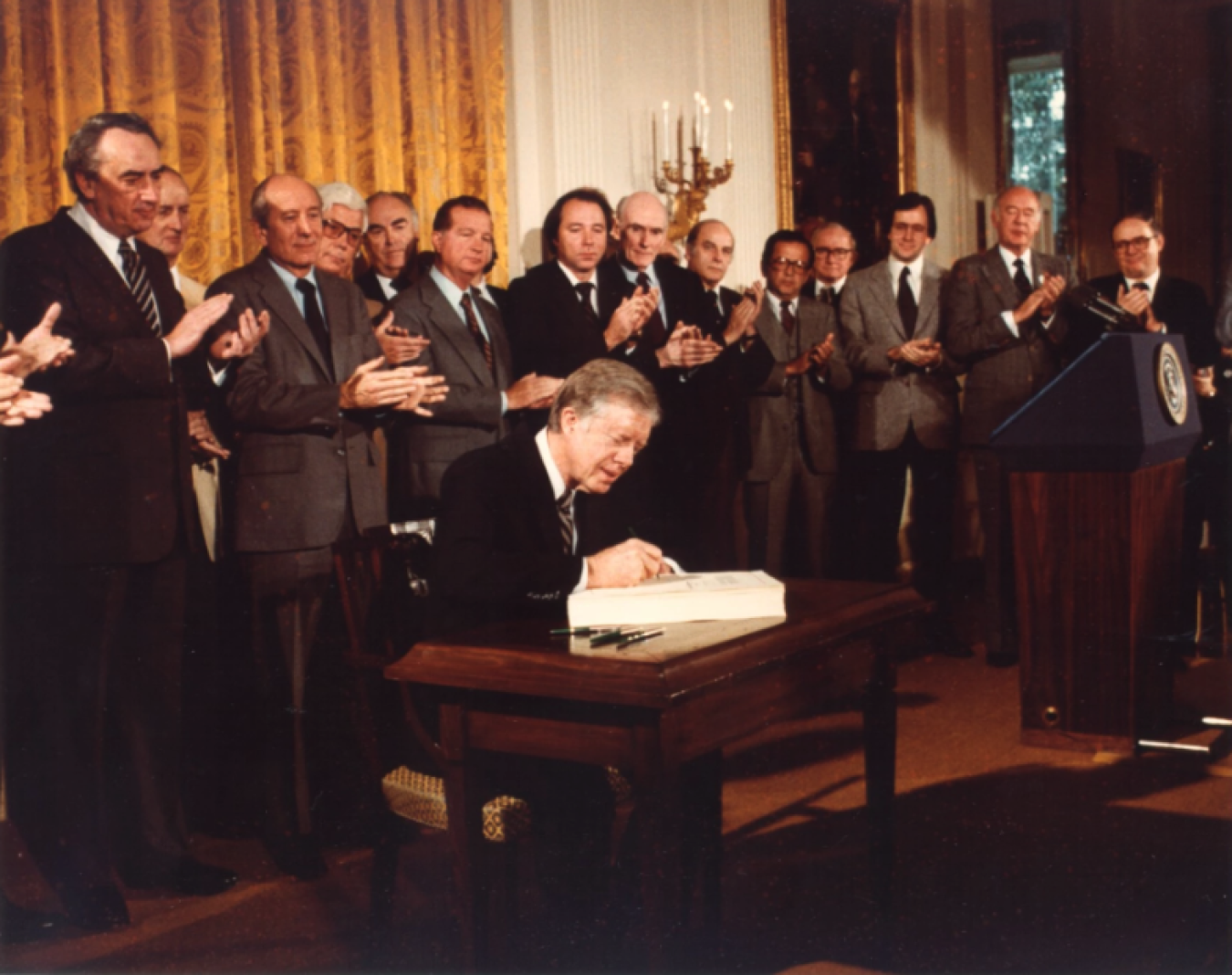
- Minute with Mike
- Arctic Cooperation
- Arctic Energy
January 16, 2025 -
- Minute with Mike
- Arctic Cooperation
- Arctic Energy
January 7, 2025 -
- Careers
- Arctic Energy
- Arctic Cooperation
- Renewable Energy
- Energy Efficiency
October 22, 2024 -
- Arctic Cooperation
- Arctic Energy
- International Meetings and Forums
- Energy Security
- Energy Policy
September 23, 2024
Upcoming Events
Supporting Offices
Minute With Mike
-
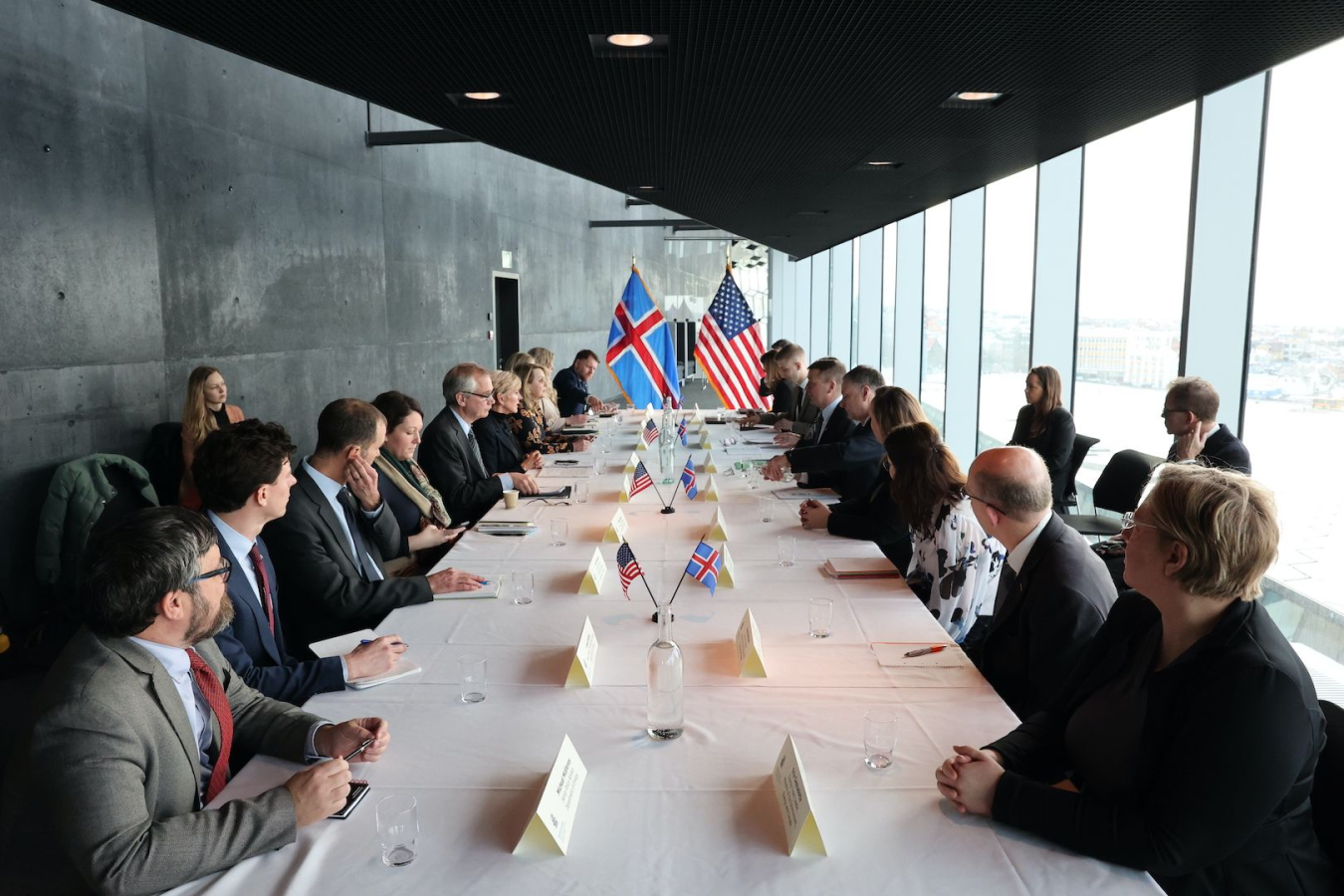
- Arctic Cooperation
- Arctic Energy
- Geothermal Energy
- International Meetings and Forums
- Energy Security
Get the scoop from Senior Advisor Mike McEleney on the launch of the US-Iceland Energy Partnership. -
- Arctic Cooperation
- Arctic Energy
- International Meetings and Forums
- Energy Security
- Clean Energy
Listen in on latest conversation between Director Erin Whitney and Senior Advisor Michael McEleney on energy opportunities in Sweden and parallels to the U.S. Arctic. -
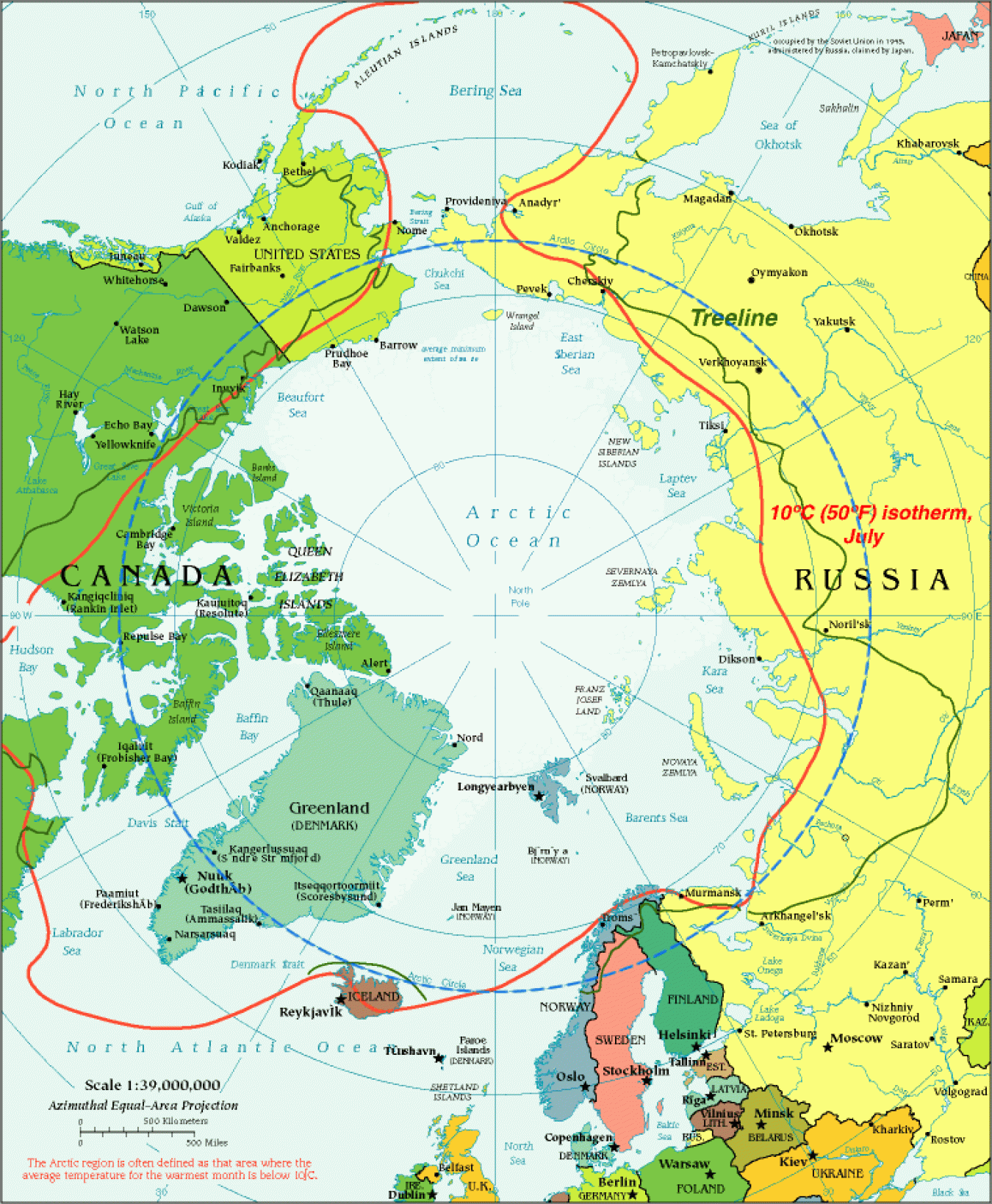
- Arctic Cooperation
- Arctic Energy
- Energy Security
- International Meetings and Forums
- Energy Policy
Hear Mike and Director Whitney discuss the history of UK engagement in the Arctic (back to the first explorers in the 1800s) and how the Arctic links the UK to global shipping routes. Plus, discover Mike’s favorite “food” in the UK and tips on where to visit. -
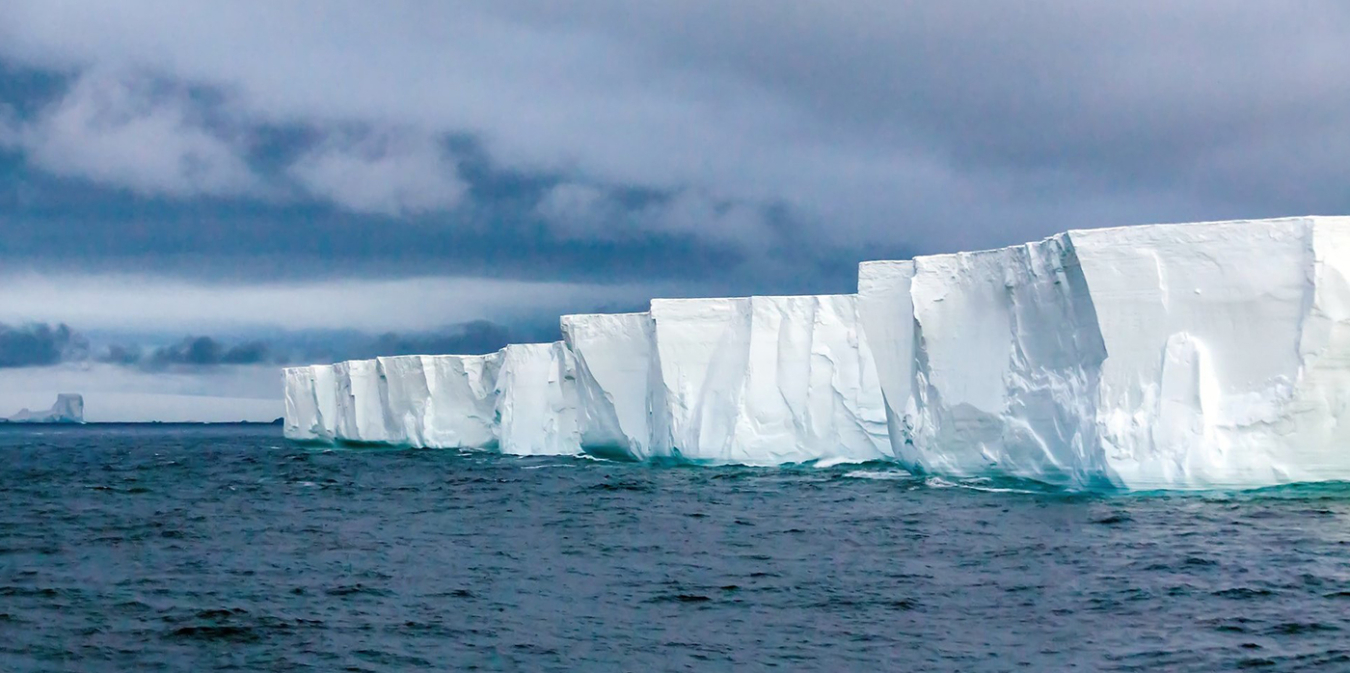
- Arctic Cooperation
- Arctic Energy
- Energy Security
- International Meetings and Forums
- Earth Systems Modeling
In this episode, Mike and Erin dive into the topic of France. An observer of the Arctic Council, an ally of NATO, and member of the EU, France has a central role in furthering scientific exploration and knowledge.

